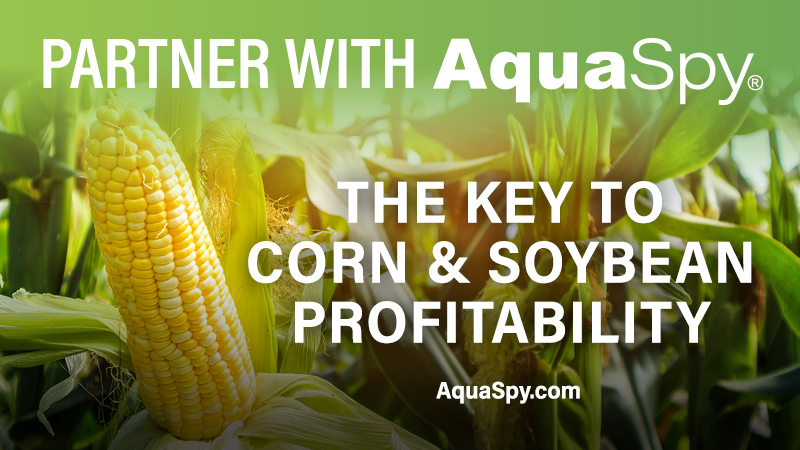Food Safety Bonuses
If more growers looked at the installation of a food safety program as something they are actively doing, rather than something they are simply doing in reaction to a dictate, they’d be a lot better off, believes Bob Whitaker. The chief science and technology officer for the Produce Marketing Association (PMA) says a lot of people forget that food safety has been the law since the passage of the 1938 Food, Drug, and Cosmetics Act, which states that growers are responsible. “When you recognize it’s your responsibility,” he says, “it goes from passive to active.”
In the past, food safety has been looked upon not as an active program, but just a series of mandates that growers felt they had to endure. A lot of companies operate in such a fashion. Over time they have built up just a series of specs instead of taking an overall look at what they grow, how they grow it, and how to evaluate the risks. Growers know in their hearts that the chance of their crops being contaminated is pretty darn small, but the chance is there.
“So they need to take responsibility,” he says. “That’s a lot different mindset than just responding to what others are asking me to do.”
Once growers assume that responsibility and implement a plan, they will realize benefits they hadn’t considered, says Whitaker, who before joining PMA in 2008 was head of product development and food safety for New Star Fresh Foods of Salinas, CA. He recommends looking at food safety in the same light as making an acquisition. He compared it to installing a new packingline. You would evaluate it by looking at how long it would take you to get a return on your investment. “You can do that with food safety,” he says. “For instance, you can gain access to a customer you haven’t been able to do business with in the past.”
Increased Efficiencies
Another benefit of implementing a food safety program is that many growers may immediately notice other efficiencies they can improve upon. For example, you go to clean a belt in the packinghouse, and find out after testing it for microbial contamination that it’s hard to clean. “Maybe that belt isn’t designed right and the system needs changing,” he says. “I’m becoming more efficient, not wasting product, because there are efficiencies you pick up in developing a good, solid food safety program.”
Also, says Whitaker, if you do have a food safety problem — and as good as you are you can still have a problem — getting through that crisis is much less painful because you can demonstrate you weren’t lax. You can show regulators and customers alike that you have a program in place and the problem was not caused by any negligence on your part.
Another advantage is that a grower can show that it wasn’t his crop at all. Whitaker said that at New Star they were wrongly implicated in a big green onions/ hepatitis outbreak in Pittsburgh, PA, in the fall of 2003. Because they had a traceability program, they could show regulators that they weren’t shipping the tainted produce. “We also could show that we had no kids working in the field, we were testing water, etc.” he says. “We had HAACP (hazard analysis critical control point) plans, GAPs, harvest crews audited with unannounced visits — a comprehensive program that we could show regulators.”
Attracting New Business
The news got even better for New Star because they not only recovered quickly from the incident, they subsequently gained more market share. Whitaker concedes the company was already on the upswing prior to the incident, but he thinks that being able to show customers how thorough their food safety program was secured a lot more business. “I was able to go down to Mexico and show the customers what we were doing and how it was just as clean as any operation in the U.S.,” he says.
New Star didn’t supply any of the tainted green onions in the hepatitis outbreak. Unfortunately, as the company learned, you can be completely innocent and still be implicated. That was a lesson they learned again three years later in the spinach E. coli incident in which FDA ordered a recall of all spinach. “It didn’t matter if you were involved or not; no one was buying spinach,” he says. “We had no market for our product, so we just disked all spinach for three weeks. We were shut down.”
The problem with not having a program is that you are basically guilty until proven innocent. And if you don’t have a food safety program, says Whitaker, it’s tough to show how it’s not your product. “The industry got to the point where we realized that as competitive as this industry is, we are all in this together,” he says. “It didn’t matter if you were involved (in an outbreak) or not, we were all in it together.”









